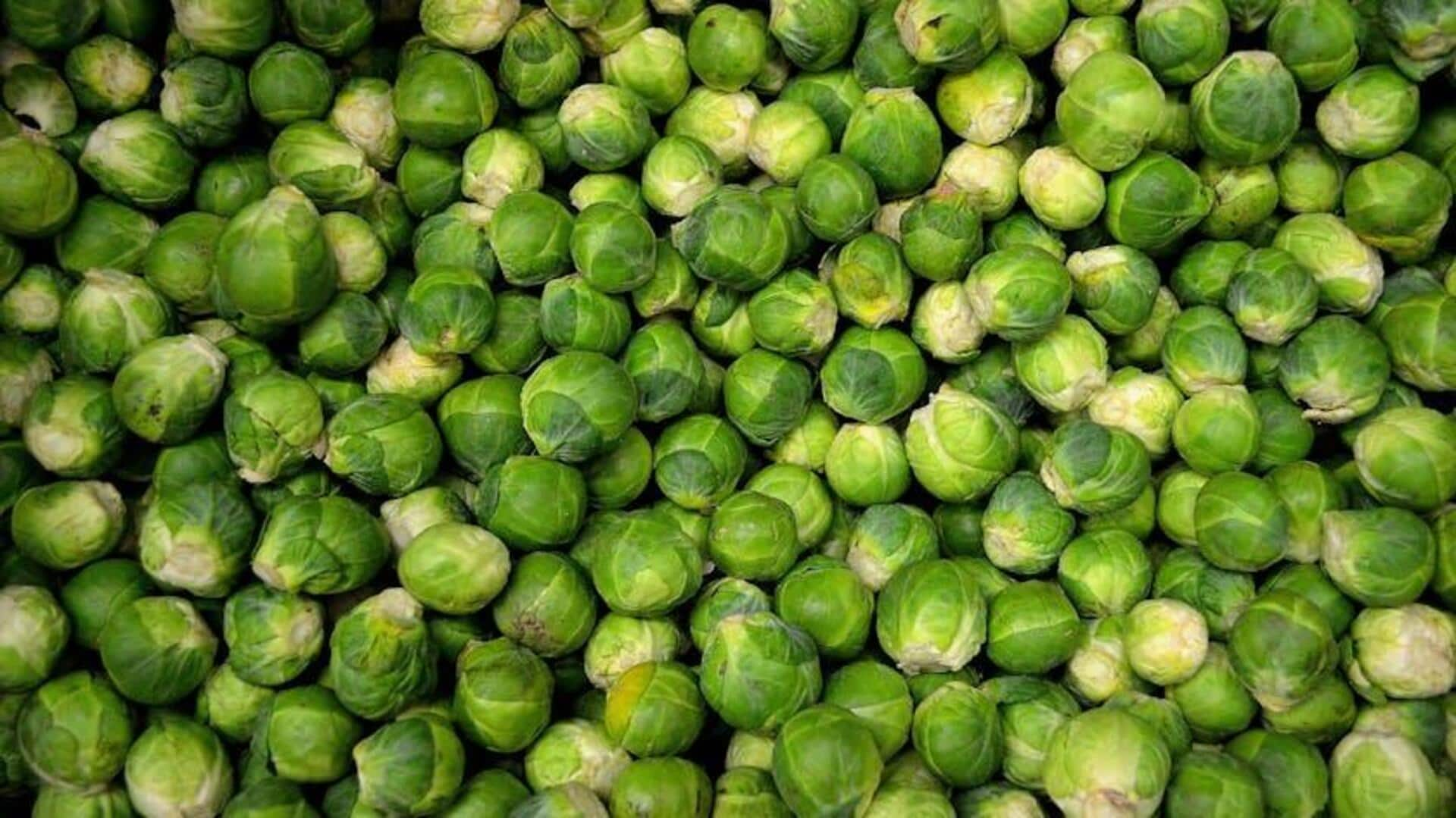
Brussels sprouts v/s kale: Comparing their nutrition
What's the story
Brussels sprouts and kale are two of the most popular vegetables that are commonly lauded for their nutritional benefits. Both are a part of the cruciferous family, which is known for the health-promoting properties of its members. Here, we take a look at the nutritional profiles of these greens. We compare their vitamin content, mineral presence, fiber levels, and antioxidant properties.
Vitamins
Vitamin content in focus
Brussels sprouts are loaded with vitamin C and vitamin K. Just a serving gives more than 100% of the daily recommended intake of vitamin K and about 80% of vitamin C. From kale, you also get a good amount of vitamins A, C, and K. You get more than 200% of the daily value for vitamin A per serving. Both vegetables help you meet your daily vitamin intake.
Minerals
Mineral presence in each vegetable
Kale also makes an excellent source of calcium and potassium, two minerals that are important for healthy bones and muscles. One serving of kale gives you roughly 9% of the daily value for calcium. Brussels sprouts can also be a good source of iron and manganese. They give you roughly 10% of the daily iron requirement per serving. These minerals perform important functions in the body.
Fiber
Fiber levels compared
Both kale and Brussels sprouts are great sources of dietary fiber, which helps digestion and keeps you feeling full. Kale has about two grams per cup, while Brussels sprouts provide around three grams per cup (when cooked). Having either veggie in your meals can help keep your gut healthy, thanks to their fiber content.
Antioxidants
Antioxidant properties explored
Antioxidants protect cells against free radical damage. Kale has a particularly high amount of antioxidants, including quercetin and kaempferol, which have anti-inflammatory properties. Brussels sprouts have compounds such as sulforaphane that may aid detoxification processes in the body by boosting liver enzymes responsible for toxin elimination.